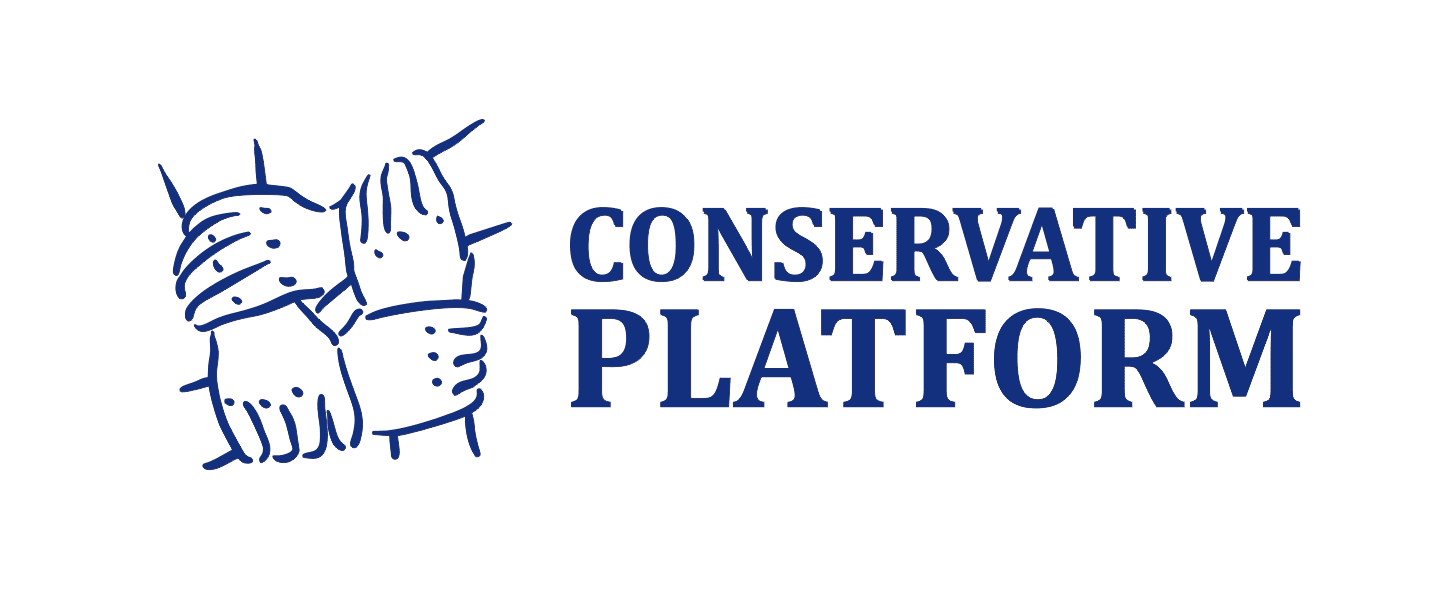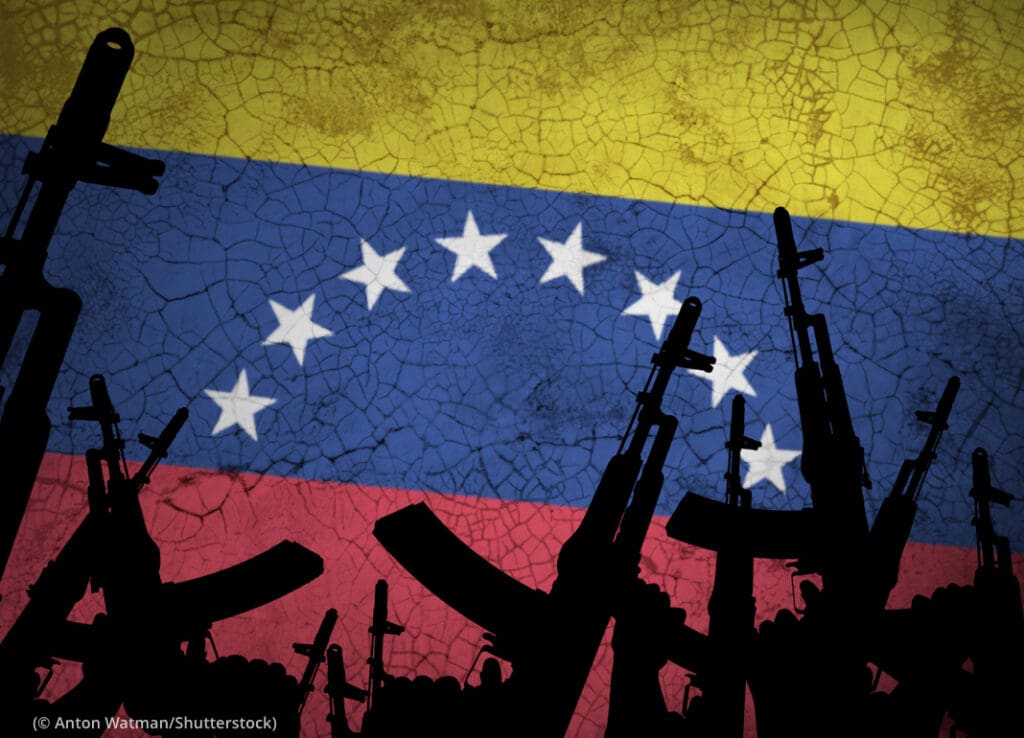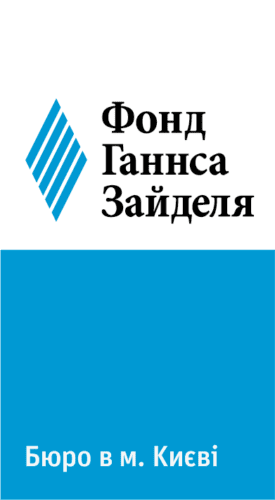Venezuela has the world’s largest oil reserves and could have had every chance to be prosperous if not for the government’s populism and failed socialist experiments. Until recently, Venezuela was one of the largest economies in Latin America, thanks to its oil reserves, which put it ahead of Saudi Arabia. However, without any war, just the reforms of two presidents, the country has slipped into hyperinflation, power outages, hunger, and shortages of food and medicine. And gasoline became scarce in a country whose main export was oil.
In Venezuela, where power has often changed hands in an undemocratic manner, one of the most influential Christian democratic parties operated until recently. Under the military dictatorship, the Social Christian Party of Venezuela was founded in 1946 . Until 1948, it was called the Committee for the Independent Political Organization of Voters (COPEI), but the party uses the old name in everyday practice. The COPEI party was formed on the basis of student and conservative organizations and is guided by Christian values, the primacy of morality, the common good, the subordination of politics to ethical norms, and pays great attention to the development of civil society. The Venezuelan Christian Democrats viewed the state as a regulator of relations between social groups and an arbiter in mitigating social conflicts. At the same time, an important function of the state was the social aspect: to cut off a piece of the “fat” social pie that would allow for more and more portions to be given to the poor.
The COPEI promoted the creation of a society of social justice in a peaceful way, while preserving civil liberties, and its main goal is to create a “communitarian society” in which the interests of the individual are organically combined with the interests and needs of society. For a long time, COPEI relied on a broad social base and held the sympathies of almost all strata and social groups, combining the interests of workers, the middle class, peasants, urban residents, and trade unions. The COPEI, together with the Democratic Action, was the ruling party in Venezuela from 1958 to 1998, and its candidates held the presidency three times.
In 1968, the leader of the Social Christian Party, Rafael Caldera, was elected president of Venezuela and served until 1974. It was Caldera who became one of the founders and key theorists of Venezuelan Christian democracy. His Christian position became the theoretical basis for the main Christian democratic principles such as communitarianism, the concept of the “third way” and the social role of the state. Like Jacques Maritain, Caldera emphasized that the tragedy of modern democracies is the inability to put democratic principles into practice.
In 1993, as a result of the population’s disappointment with the neoliberal reforms of the previous government, the Christian Democrats again gained the support of voters and R. Caldera became president for the second time, declaring the continuation of the process of democratization of the country’s social and political life. Further decentralization of public administration was carried out, the posts of governors became elective, and social programs were launched. However, at the end of 1993, a banking crisis erupted in the country, more than 70,000 small and medium-sized enterprises went bankrupt, and poverty increased. The situation was aggravated by the global oil crisis. In need of assistance from the International Monetary Fund, Caldera was forced to take neoliberal steps, which led to public protests and the rise of left-wing populism. This was facilitated by a presidential amnesty for military participants in the coups of 1992 and 1993, including the socialist Hugo Chavez. In 1998, Caldera refused to run for president because of his advanced age, and power passed into the hands of socialist populists. Venezuelans, who liked the cheerful and joking President Chavez, did not even realize that their country’s path to the abyss had begun.
Without a war, in peacetime, the world’s richest country in terms of oil reserves saw its GDP plummet by 48.3% between 2013 and 2018. By comparison, in 2022, Ukraine’s GDP fell by 29.1%, after a military invasion, seaport blockade, emigration of millions of citizens, and destruction of many businesses.
In 2014, 48.4% of the population in Venezuela lived below the poverty line, and in 2018 this figure reached 91.3%. Under the government, which prioritized taking care of the poor, 27 million people became poor. Failed economic policies resulted in a humanitarian crisis that caused more than 3 million people to emigrate abroad.
In 2019, hyperinflation in Venezuela reached 1,300,000%. Prices doubled on average every 19 days. According to opinion polls on food shortages, 8 out of 10 respondents in 2017 said they were eating less because they had no food at home. 6 out of 10 said they went to bed hungry because they had no money for food. 64% lost weight in 2017, by an average of 11.4 kg. The poorest segments of the population lost the most weight.
Despite the fact that South America is the birthplace of the potato, under the leadership of the socialist government, Venezuelans were forced to switch to a cheaper potato substitute, the yucca root vegetable or cassava. The McDonald’s fast food chain, in response to the food crisis in the country, replaced French fries with yucca fries on its menu. Gasoline prices began to rise sharply in the country, and long lines formed at gas stations. As a popular saying goes: “If the Communists occupied the Sahara Desert, there would soon be a shortage of sand.”
Back in the days of Hugo Chavez, the socialist government introduced a disastrous nationalization program that forced many fishing companies to leave the country. The subsequent collapse of the Venezuelan economy, hyperinflation, and impoverishment of the population led to the emergence of pirates in the Caribbean. Just like in Somalia, impoverished Venezuelan fishermen with access to boats and weapons turned to sea robbery instead of catching tuna, octopus, or shrimp. Weapons were easy to get on the streets of Venezuelan cities, where lawlessness is increasingly prevalent.
However, while Somali pirates hunted large ships for a large ransom, Venezuelan corsairs attacked mostly poor fishermen and exchanged weapons and drugs in foreign ports for diapers, rice, oil, soap, and other scarce goods in the world’s richest oil country.
The populist government continues to divert public attention to the “external enemy” by declaring an “economic war” against Venezuela, blaming Western sanctions, and intimidating the people with foreign military intervention by capitalists. Meanwhile, the Venezuelan people nostalgically recall the “golden days” of the Christian Democrats’ rule, when peace, economic growth, and government responsibility reigned supreme.
Author: Valeriy Maydanyuk




